On May 28, Amnesty International Nepal (AI Nepal) organised an interactive dialogue session on ‘Data Protection in Nepal: Regulation, Challenges and Way Forward’ with an aim to exploring the issues of digital rights in Nepal, particularly in the context of data privacy and protection. The event, which coincided the start of the Amnesty movement 62 years ago, was organised in partnership with Digital Rights Nepal, Freedom Forum and the Federation of Nepali Journalists.
In current times, with technology playing such an integral role in our lives, data privacy and protection have emerged as issues of grave concern, often hindering our access to right to privacy, freedom of expression, and other human rights. In addition, wrongful or unauthorized use of collected digital data and data theft have put individuals, institutions and the state at greater risk. These issues were discussed at length during the event.
The discussion saw the participation of members from civil society, media, the government and AI Nepal’s network.
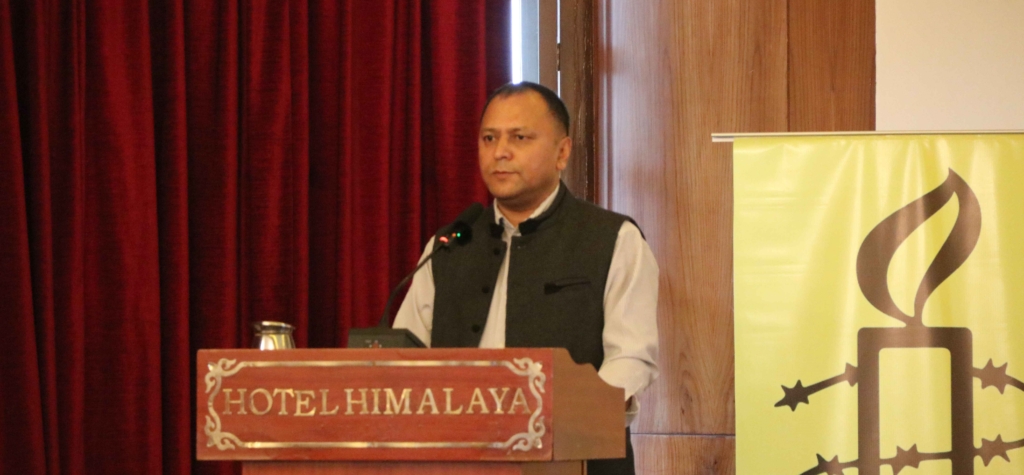
The event kicked off with a welcome remark by AI Nepal’s director Nirajan Thapaliya, where he spoke briefly about the Amnesty movement and the importance of talking about digital privacy and protection in today’s time.
“It has been 62 years today that Amnesty started its movement for human rights and for freedom. It is only befitting that on this special day we talk about one of the most crucial concerns of our times: digital privacy. There is no doubt that over the years, the space to freely express ourselves has grown, but in a world where technological innovation has advanced so much, questions relating to the restriction of this right and protecting our information arise. To discuss such challenges that exist in Nepal’s digital space, where we must ensure protection of people’s right to privacy while at the same time protect their freedom of expression and right to information, we have jointly organised this discussion here today,” he said.
Following the welcome remark, a short video was screened, which captured a general overview of what the general people understand when they talk about data privacy. This screening was followed by a presentation on the topic ‘Laws and Practice of Data Protection in Nepal: Challenges and Way Forward’ by Santosh Sigdel, Executive Director of Digital Rights Nepal, a non-profit dedicated for the protection and promotion of digital rights in Nepal.
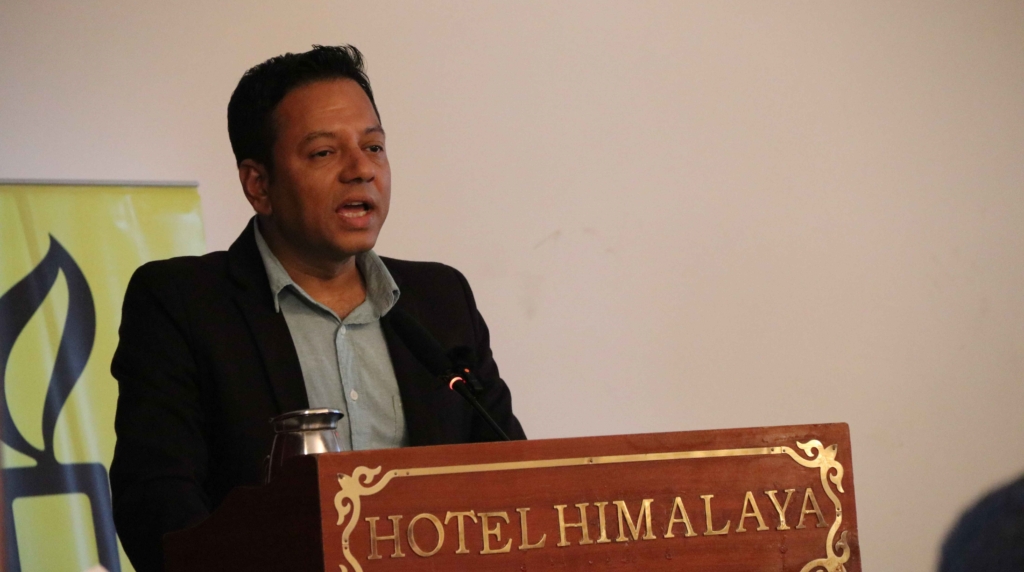
“Nepal’s Constitution ensures the right to privacy as a fundamental right and there is also the Privacy Act in force since 2018 but there is a lack of data protection regulatory authority in Nepal to administer and enforce this protection. The laws are silent on many issues, such as cross border transfer of data, right to erasure, right to data portability, right to object/opt out, et cetera,” said Sigdel.
He also spoke about how despite having laws in place to penalise data breaches, such as the Statistics Act 2022 and the Criminal Code of Nepal 2017, which protects privacy of personal data and criminalises data theft respectively, data breaches are still taking place in the country, which shows the government’s lax approach towards ensuring data protection for its people.
“Only in the last five months, Rs 320 million have been looted through digital scams in the country. This is because despite there being a number of laws to protect digital rights there is no protection assurance,” he said.
He also stressed on the dangers of the government’s decision of digitising citizens’ personal data, such as their citizenship information, driving license, passport information, etc., when the country does not have mechanisms in place to ensure such data will not be misused by anyone.
The presentation ended with Sigdel offering suggestions to the government including adoption of federal data governance/ management policy, adoption of data governance/management act in federal and subnational level, improving focus on digital literacy and working together with stakeholders and civil society.
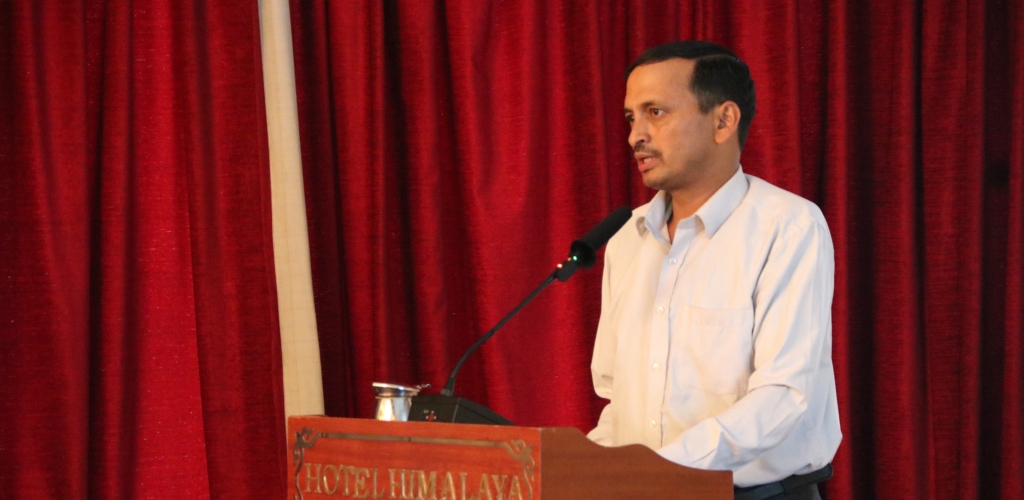
Providing the government’s perspective on data privacy laws and its implementation, Parashwor Dhungana, Joint Secretary of the Nepal Law Commission, said, “The government is not sleeping. We are learning as we are doing. But just making laws is not enough. The government needs all involved different sectors, all civil society, journalists, organisations like Amnesty to work together to ensure implementation.”
In line with what Dhungana said, Anil Kumar Dutta, Joint-Secretary at the Ministry of Communications and Information Technology, too stressed that the government is doing its best and working on digital data protection laws.
“We are in the midst of finalising cyber security policies. To ensure citizens’ data is protected on their phones, Nepal Telecom Authority has many bylaws. Recently, Nepal also participated in the Budapest Convention on Cybercrime to understand and address cybercrime better. The government is also focusing on digital literacy,” he said.
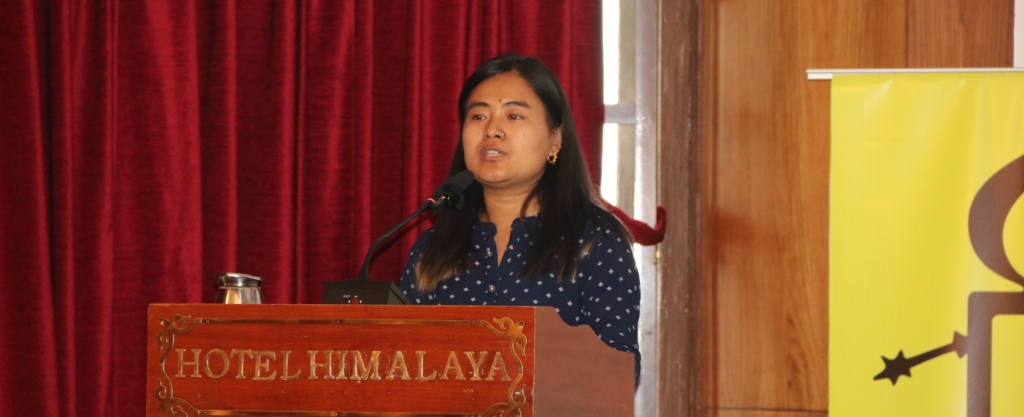
Offering a more inclusive perspective, Reeta Baramu, Program Manager at Body & Data, shared: “There are many complexities when it comes to digital rights, as it touches on many different sectors of society. But I want to stress on the fact that we have to look at digital rights from a social and gender lens as well, keeping in mind the most vulnerable, like women, the elderly, children, people with disabilities, etc., so as to assure them a life of dignity that is free from digital harassment and discrimination.”
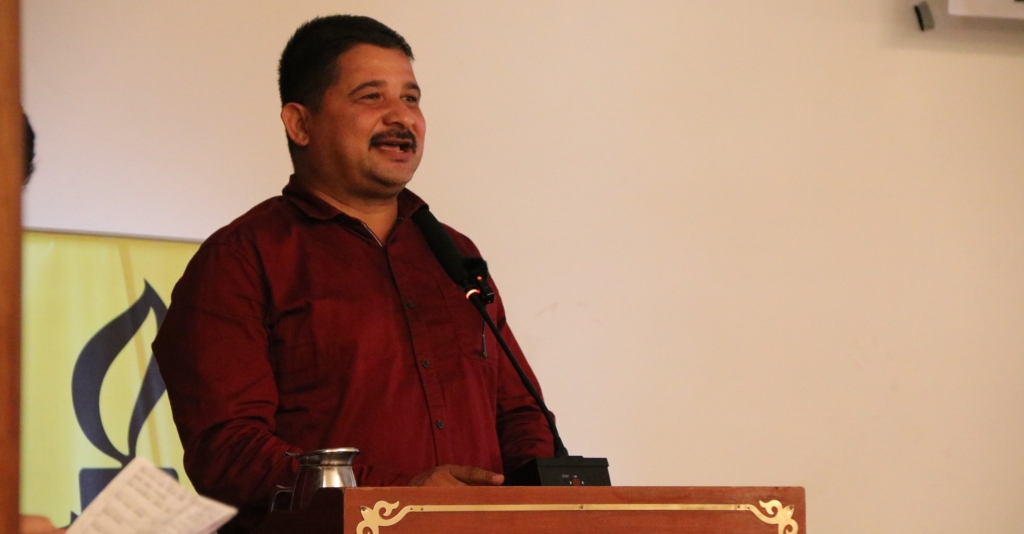
It was also discussed during the discussion that the responsibility of ensuring the protection and privacy of private data also rests on the individual who handles these data. “While existing laws play a big role in protecting our right to privacy and ensuring right to information, but as a journalist, as a citizen, I think we too have a role to play in safeguarding our own data and protecting our privacy by remaining vigilant,” said Bipul Pokherel, Chairperson of the Federation of Nepali Journalists.
But the onus to secure people’s rights lies with the government.
“The state has a duty to protect privacy and duty to provide information to its citizens in line with the Universal Declaration of Human Rights. The government should focus on how we can regulate existing laws and social media access,” said Murari Prasad Kharel, Acting Secretary at the National Human Rights Commission.
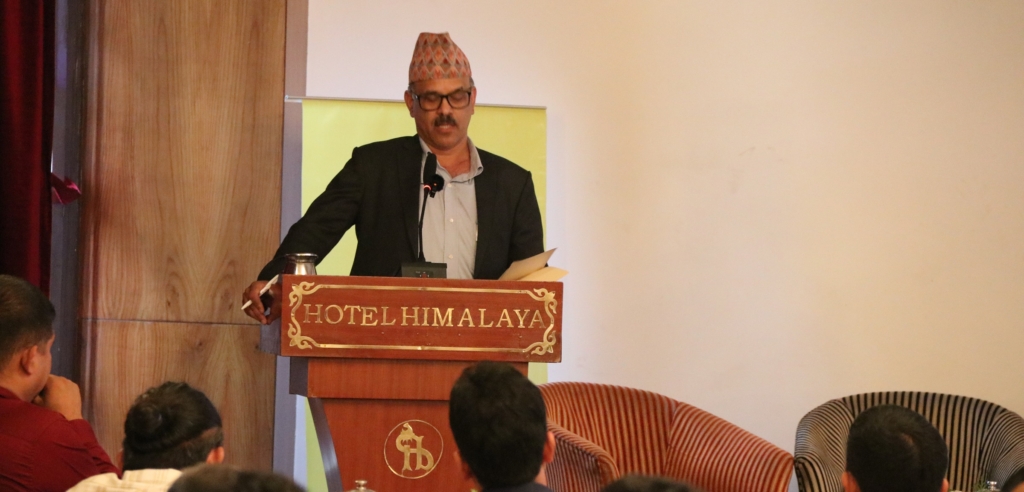
Adding to that, Tararnath Dahal, executive director of Freedom Forum, said, “The core of any democratic society is to allow its citizens to live without fear of exercising their right to expression. A liberal democratic system weakens when the government cannot protect its people’s digital spaces and rights.” He also stressed that the failure to protect individual’s data will promote monopoly on the part of the collector of these data (principally the State and the Businesses) which in turn will ultimately undermine the very fabric of free space and democracy in a society.
The enlightening discussion was then wrapped up with AI Nepal Chairperson Bipin Budhathoki delivering his closing remarks.
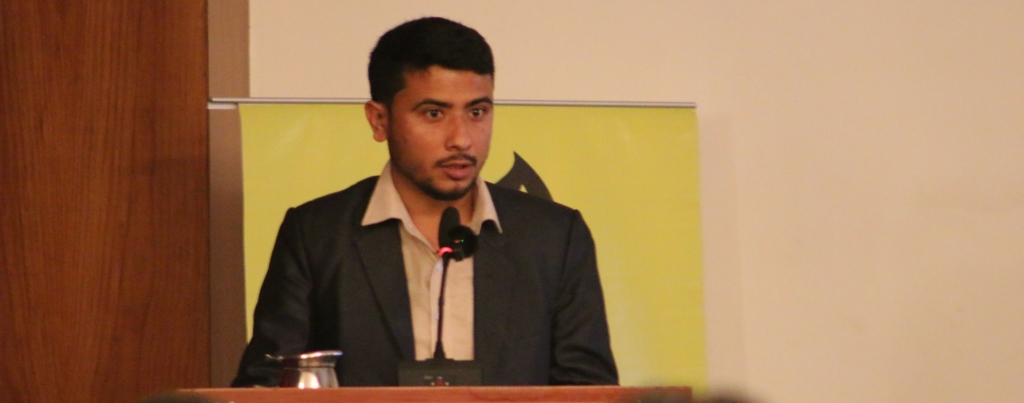
“Today’s discussion was extremely thought-provoking. Data protection is an issue that concerns all of us and we need to be more engaged with it and be vigilant about it– whether as individuals or as an institution, we need to work together to safeguard this fundamental human right,” he said.


